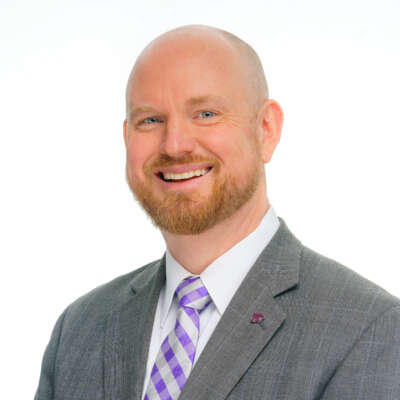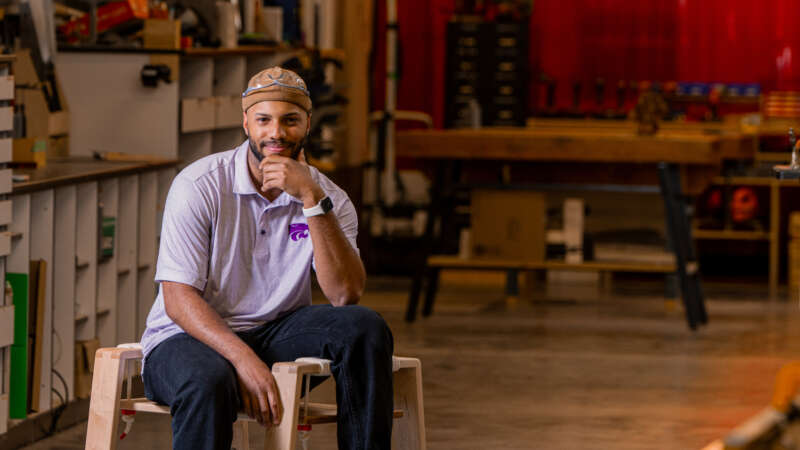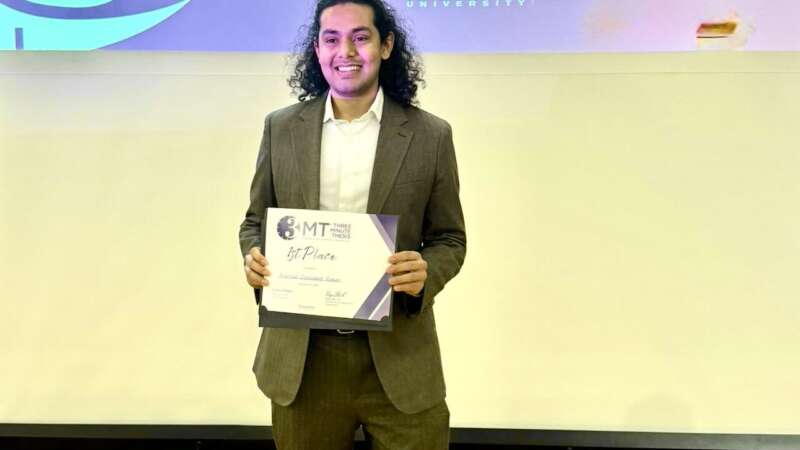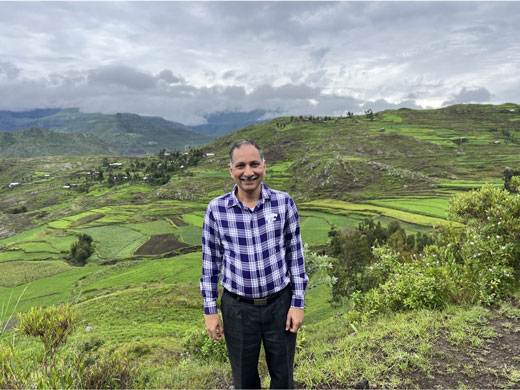Straight talk: How do I benefit from research conducted at K-State?
From cancer research to drama therapy to prosthetic design — every department across campus conducts research that benefits society. Research at K-State helps address pressing issues, such as strengthening food production systems, getting the most from limited water supplies, improving the health and well-being of Kansans, developing future leaders and helping communities remain vital.
How philanthropy supports research
In the face of flat federal investment in fundamental research and diminishing state funding for higher education, philanthropic gifts will help ensure K-State students are engaged in the hands-on learning that research provides across all disciplines. Students involved in research are more likely to graduate in less than six years and are more likely to pursue graduate or professional studies than those who do not. This is especially true for first-generation students and traditionally underrepresented students.
- Philanthropy from individuals, corporations and foundations helps fuel research conducted at K-State. This support broadens student learning opportunities, as well as leading to innovations and discoveries that benefit individuals and society as a whole.
- Research faculty are on the cutting edge of their professions and deliver the most up-to-date information and instruction to students.
- Private support for research helps provide opportunities for students to engage in research, which teaches skills that are not always available in the classroom.
- Students who engage in research while obtaining their degrees are better prepared with critical thinking and problem-solving skills that employers value.
- Faculty support through endowed chairs and professorships subsidizes student research opportunities, as faculty members use these funds to invest in research and enhanced opportunities for their students.
- Program support provides funds that are directly used for research and to invest in technology that enables and enriches research.
- Excellence funds provide flexibility to deans and academic leaders to advance emerging opportunities, such as providing funds needed to complete research or providing seed money to make grant applications more awardable.
Inventions created by K-State faculty and alumni
- Fibersym® RW is a resistant wheat starch that delivers a minimum 85 percent of total dietary fiber, found in products like FiberOne, low-carb tortillas and high-fiber pastas.
- SmartLic supplements improve health, reproduction and feed efficiency in livestock.
- The high-efficiency, directional microwave ablation antenna is an electrosurgical device used to deliver microwave energy to cause targeted tissue removal.
- The technique to create graphene — a material used in electronics and batteries —is more economical, environmentally friendly and efficient for large-scale production.
- BioBarrel livestock feed container biodegrades, eliminating labor and costs associated with collecting and returning feed barrels.
- Herbert Dimond ’41, graduate in electrical engineering, invented the snooze button while working for General Electric.




